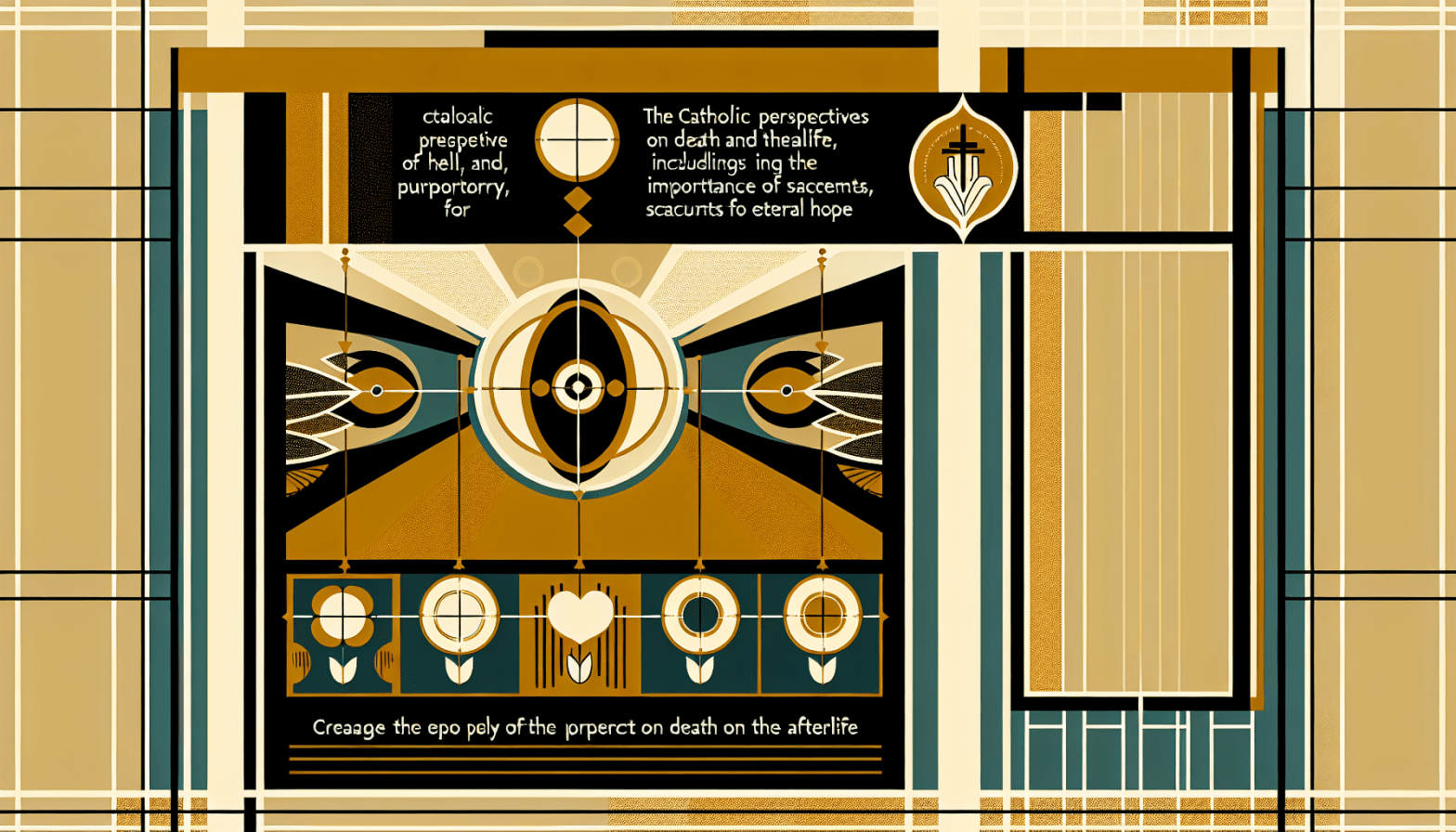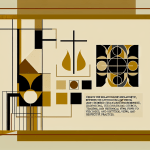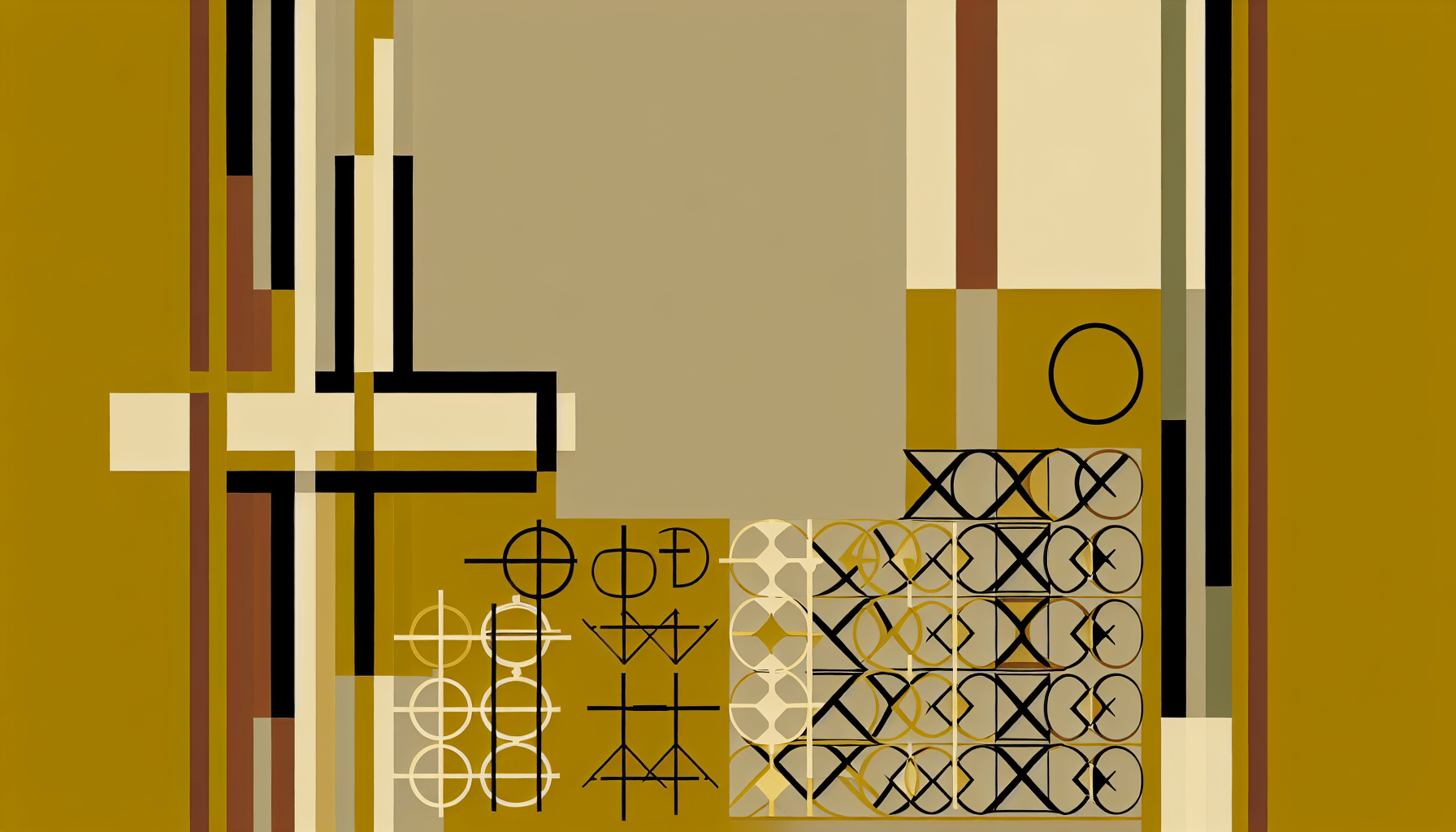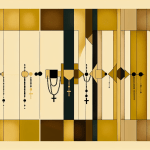Catholic Perspectives on Death and the Afterlife
Understanding death and the afterlife is a profound aspect of the Catholic faith. Engaging with these themes enables believers to navigate the complexities of mortality, comfort those grieving, and find hope in eternal life. This blog post explores Catholic perspectives on death and the afterlife, providing insights into the Church’s teachings, rituals, and beliefs that shapes its view on this inevitable aspect of human experience.
Introduction
Death is an integral part of life, yet it often evokes feelings of fear and uncertainty. For Catholics, the belief in the afterlife offers solace and hope. The Catholic Church teaches that death is not the end but a transition to another state of existence. This perspective is rooted in Scripture, tradition, and the doctrines established by the Church over centuries. By exploring key concepts such as the soul, heaven, hell, and purgatory, we can gain a clearer understanding of what Catholicism teaches about death and the afterlife.
The Nature of the Soul
One of the foundational beliefs in Catholicism regarding death and the afterlife is the understanding of the human soul. According to Catholic teaching, each person has a soul, created by God, which is immortal and will exist eternally. The soul is the essence of an individual, persisting beyond physical death. This belief underscores the importance of living a virtuous life and adhering to Christian principles, as the fate of the soul in the afterlife is profoundly influenced by one’s actions in life.
The Role of Grace and Salvation
The teachings of the Catholic Church emphasize grace and the need for salvation. Catholics believe that salvation is a gift from God, attainable through faith and good works. The Sacraments, particularly Baptism and the Eucharist, are essential in the journey of faith and the relationship with God. They serve to sanctify the soul and prepare it for the afterlife.
Heaven: The Ultimate Goal
Heaven is described in Catholic belief as the ultimate goal of human existence. It is a state of eternal happiness and union with God, free from suffering and sin. The Catholic Church teaches that heaven is a personal encounter with God, where believers experience perfect love and joy.
Scripture and Heaven
Numerous passages in the Bible reference heaven, providing a glimpse of its beauty and joy. In the Gospel of John, Jesus speaks of preparing a place for His followers: “In my Father’s house are many rooms…” (John 14:2). This assurance brings comfort to the faithful and emphasizes the promise of eternal life.
Hell: The Consequence of Rejection
Contrary to heaven, hell represents the ultimate separation from God, reserved for those who die in a state of mortal sin, having refused God’s grace. In Catholic teaching, hell is not a punishment imposed arbitrarily but rather the consequence of a person’s choices throughout their life.
Understanding Mortal Sin
Mortal sin is a grave offense against God that destroys one’s relationship with Him. Catholics believe that those who die unrepentant in such a state may face eternal separation from God. The Church also cautions against despair, reminding believers that God’s mercy is always available to those who seek forgiveness.
Purgatory: A Transitional State
Purgatory is another critical aspect of Catholic eschatology. It is a temporary state of purification for souls who die in God’s grace but still need to be cleansed of their venial sins or the temporal effects of sin. The concept of purgatory emphasizes God’s justice and mercy, allowing for purification before entering heaven.
The Importance of Prayers for the Dead
Catholics believe in the efficacy of prayers for the dead, particularly the practice of offering Masses for the souls in purgatory. These prayers are an expression of solidarity and love, and they reflect the belief in the communion of saints, where the living can help the dead through intercessory prayers.
The Role of the Church in Death
The Catholic Church provides numerous rituals and sacraments that address death and the afterlife. The Church believes that accompanying the dying and the deceased through prayer and the Sacraments expresses the communal aspect of the faith.
The Anointing of the Sick
One critical sacrament relevant to death is the Anointing of the Sick. This sacrament offers spiritual strength and healing to those who are seriously ill or nearing death. It is an important part of Catholic teaching, emphasizing the Church’s role in providing comfort and support to the dying.
Funeral Rites and the Mass of Christian Burial
Funeral rites are an essential aspect of Catholic life, reflecting the Church’s belief in the resurrection of the dead and the hope of eternal life. The Mass of Christian Burial celebrates the deceased’s life and contributes to the community’s healing. The rituals associated with Catholic funerals emphasize respect for the body and the belief in life after death, providing comfort to grieving families.
Living in Light of the Afterlife
Catholic teaching on death and the afterlife has profound implications for how believers live their lives. The recognition of the soul’s immortality and the realities of heaven, hell, and purgatory encourage Catholics to strive for holiness and live in accordance with God’s will.
The Call to Holiness
Fundamentally, Catholics are called to live a life of virtue, charity, and service. The Beatitudes, as taught by Jesus, serve as a guide for righteous living, promising blessedness to those who embody these principles. By living out these teachings, Catholics not only prepare for the afterlife but also contribute positively to the world around them.
Engaging in Sacramental Life
Sacramental life is vital for spiritual growth and preparation for death. Regular participation in the Eucharist strengthens the bond between the believer and God, serving as a foretaste of the eternal life to come. Confession provides the opportunity for repentance and reconciliation, essential for maintaining a pure heart.
Conclusion
Catholic perspectives on death and the afterlife offer a comprehensive understanding of mortality, shaped by scripture, tradition, and the Church’s teachings. By contemplating the nature of the soul, the realities of heaven, hell, and purgatory, and the supportive structures provided by the Church, believers are empowered to face death with hope and faith.
In navigating the complexities of sin, grace, and the sacraments, Catholics find comfort in the belief of eternal life with God. As we reflect on our own lives, we are reminded of the importance of living according to our faith and the profound impact we can have on those around us. Ultimately, death is not an end but a new beginning, showcasing the promise of resurrection and everlasting joy in God’s presence. In embracing these truths, we foster a deeper connection to our faith and find peace in the journey toward eternity.




